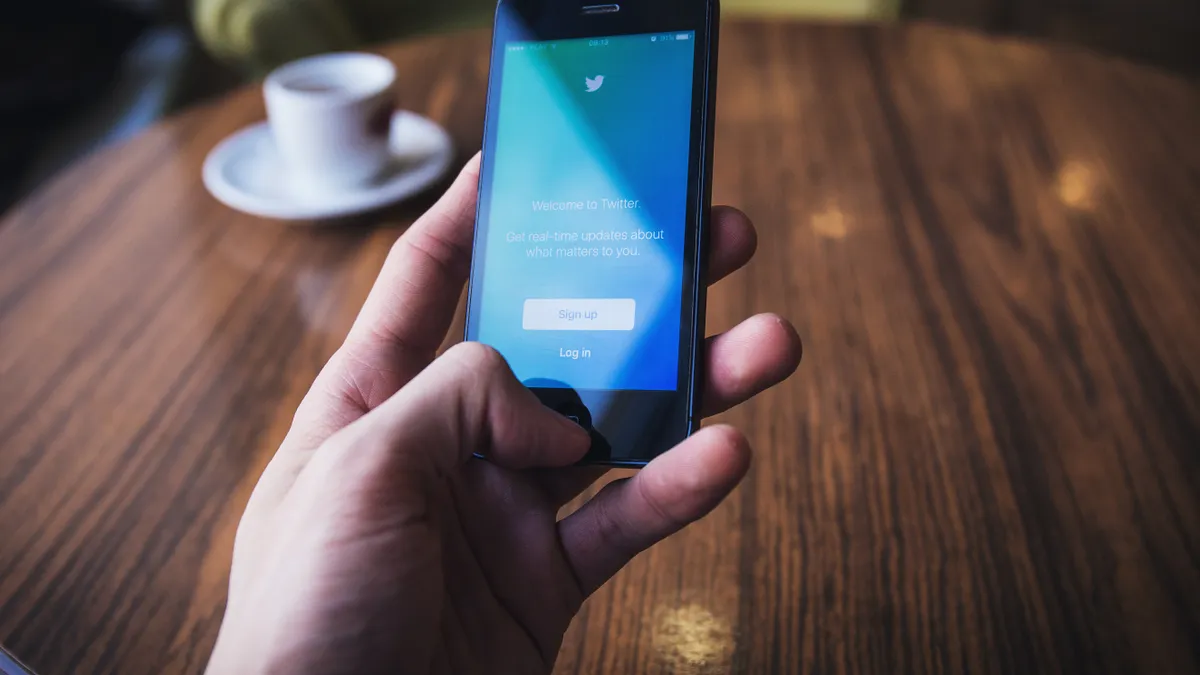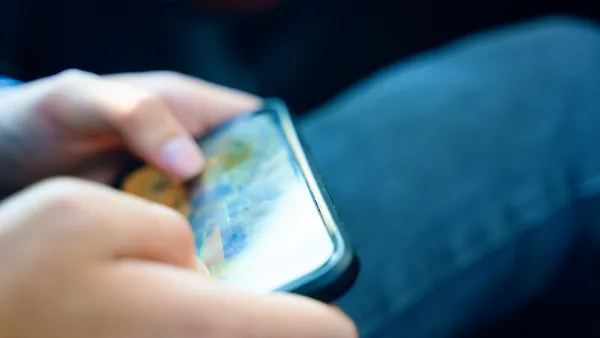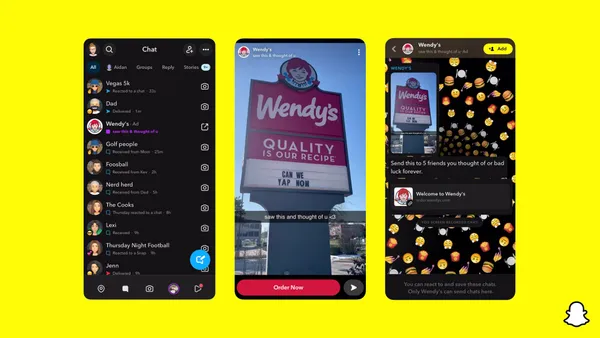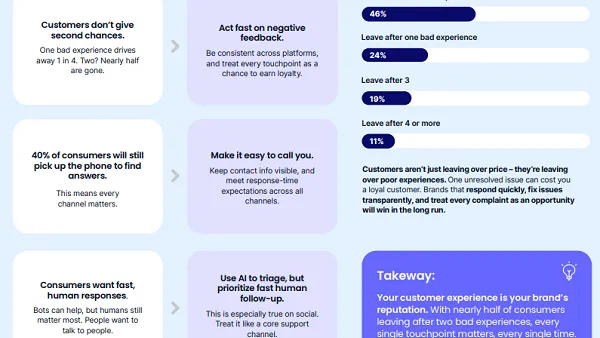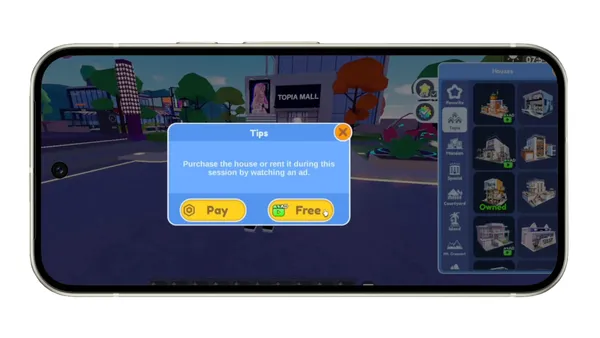Brief:
- Twitter held preliminary discussions to merge with the U.S. operations of TikTok, The Wall Street Journal reported, citing people familiar with the talks.
- TikTok faces a Trump administration ban because of national security concerns over the social video app's ownership by Chinese company ByteDance. It's unclear whether Twitter will pursue a transaction amid significant challenges.
- Microsoft is considered the leading candidate to buy TikTok's operations in several English-speaking regions including the U.S. For several weeks, Microsoft has been negotiating a deal with ByteDance and has President Trump's tacit approval on an acquisition.
Insight:
Twitter's reported interest in merging with TikTok's U.S. operations adds an interesting fold into the viral video app's potential future. Twitter in many ways pioneered the sharing of short video clips with Vine, a social media app whose focus on user-generated content acts as a sort of predecessor to TikTok.
Vine was shut down in early 2017. At the time, Twitter said monetizing the app was difficult, which may have been the result of its focus on videos that constrained creators to six-second clips. Since then, cellular companies have upgraded their networks to improve download speeds and expanded their range of unlimited data plans, making longer-form content easier to consume while giving marketers more options for video advertising.
Twitter still faces major hurdles in completing a deal with ByteDance. Microsoft already is in advanced talks to buy TikTok's operations in several regions and appears likely to receive approval from the Trump administration on an acquisition. Microsoft has a market value of $1.61 trillion, compared with Twitter's $29.4 billion, which gives the software giant far greater financial resources for a deal.
Similarly, Microsoft has $136 billion in cash, compared with Twitter's $7.8 billion, though Twitter has backing from private equity companies like Silver Lake that could help to raise additional funds for a deal, according to the Journal. Twitter's key advantage would be the possibility of passing muster with antitrust authorities that will review any deal for TikTok's operations, per the Journal.
A possible deal with TikTok would be a significant boost for Twitter, which is looking for ways to diversify revenue as the economic effects of the coronavirus pandemic weigh on its business. The company is considering whether it should start a paid subscription service to complement its existing advertising operations, CEO Jack Dorsey said last month in a quarterly conference call with investors.
Dorsey discussed the plans as the company reported a 23% drop in ad revenue to $562 million in Q2 from a year earlier, while the reversal of a tax benefit from 2019 resulted in a swing from profitability to a net loss of $1.2 billion. Twitter last week also revealed it is subject to an investigation from the Federal Trade Commission (FTC) that could result in fines as steep as $250 million. The FTC is looking into Twitter's misuse of personal data, including phone numbers and email addresses, for ad-targeting purposes.
Twitter has other privacy problems to contend with as well, as the company just a few weeks ago experienced the worst hacking incident in its history. If the largest concerns related to TikTok are around data privacy and security, it's possible these incidents could raise additional scrutiny toward Twitter as a potential suitor for the app.
TikTok doesn't disclose its ad revenue, but it's likely that the fast-growing platform would help Twitter to expand its market share, particularly with a young audience.
The Sept. 15 deadline for any deal to acquire TikTok is fast approaching, and the Trump administration has increased pressure on its parent company. Trump last week signed an executive order banning U.S. entities from conduction transactions with Chinese apps including TikTok and WeChat, the popular messaging app developed by Tencent. Trump said TikTok threatens to give the Communist Party of China access sensitive personal data about U.S. citizens, a claim that TikTok denies.


